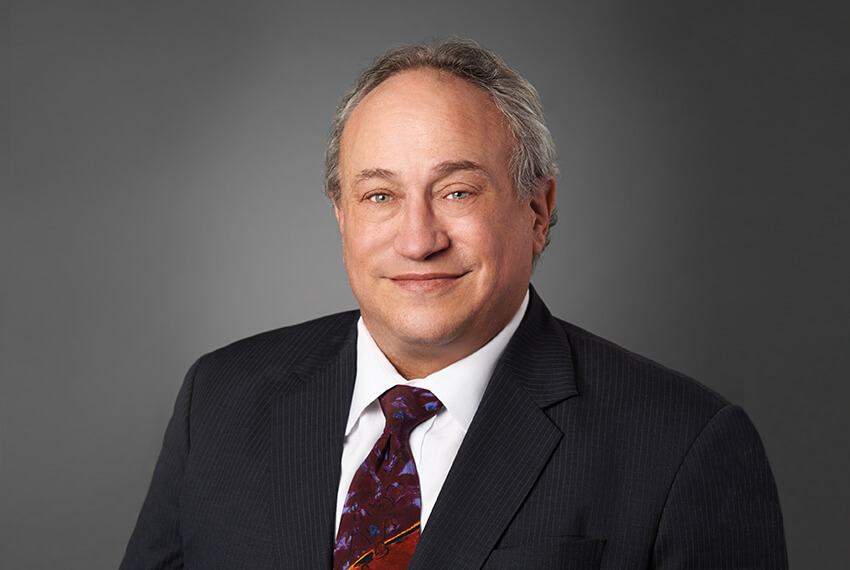
The popular Netflix movie, “I Care a Lot” begins with a scenario loosely based on a real life nightmare reported by The New Yorker several years ago. A large number of seniors were disenfranchised and abused by a guardianship system in Clark County, Nevada. Unfortunately, this is far from the only place where this elder abuse occurs.
For those of us who work daily to protect seniors, the movie provides an opportunity to broaden awareness of guardianship abuse. It is not flattering to the courts who hand out guardianships without proper oversight, the guardians who steal the lives and property of seniors, and law enforcement officers who don’t understand that they are aiding and abetting an abusive, tragic series of events when they enforce the abusive guardians.
From our perspective as Elder Lawyers, the guardianship process is intended to protect seniors and others who, for a variety of reasons, are not able to manage their own lives. It is the last resort, usually also the last thing adult children want to do for their aging parents.
In New York State, there are a number of rules and procedures to prevent the type of abuse that was reported in The New Yorker article and is depicted in “I Care a Lot”. That’s not to say the Empire State has completely eliminated all of its guardianship abuse problems, but they tend to occur less frequently here than in other states.
One important rule that New York has established to prevent Guardianship abuse is a cap on fees collected from Court appointees in a given time period. When attorneys who sign up to become Guardians for people are awarded fees by the Court, they must log the fees within the system maintained by the State. Once they hit a certain amount of fees, they are barred from taking on additional appointment for a certain time period. This prevents people like Rosamund Pike’s Marla Grayson from being continuously appointed for people and acquiring huge fees from the Guardianship process.
New York also has rules on who can petition for Guardianships in New York. While there is a catchall “a person otherwise concerned with the welfare of the person alleged to be incapacitated” who is allowed to petition for Guardianship, this is reserved more for friends and non-family members already involved in the person’s life. Additionally, people’s own doctors, as depicted in “I Care a Lot”, cannot petition the Court for Guardianship of an individual, as that would break doctor-patient confidentiality and the release of protected medical information would violate HIPAA. Medical records from a person’s long-standing doctor cannot even be introduced as evidence in a Guardianship proceeding without the person’s consent, as it is protected by HIPAA.
For those who find themselves involved in a Guardianship hearing for themselves or a loved one, an attorney who is experienced in the guardianship process and understands the law is needed. However passionately a family member may speak in court, they cannot protect their loved one without understanding how the process works and how the law is applied. In the opening scenes of “I Care a Lot”, you see a man in Court pleading with the Judge about his mother who has been placed into a Guardianship. The man in a suit standing next to the pleading son, presumably his lawyer, sadly says nothing. A proper attorney in a Guardianship matter would be speaking for his client and arguing for his client’s interests. A competent and experienced attorney can help avoid injustices in the Guardianship process.
The best way to avoid needing a Guardianship is estate planning with a properly drafted Power of Attorney and Health Care Proxy. The estate planning process is a far easier and less court-intensive way for the senior and their family to determine who will be in charge of medical decision making and managing assets. And when a guardianship must be established because of a lack of planning, the process is long and reporting requirements are rigorous, which is as it should be.
If you have a choice, having an estate plan in place well in advance of any issues is the best option. When the option of Guardianship is turned to, make sure you have an estate planning attorneys who can stand and fight for you.

This article was provided by Stephen J. Silverberg, Attorney at Law, Founder of the Law Office of Stephen J. Silverberg, P.C., one of New York’s TOP Elder Law and Estate Planning Law Firms. Attorney Silverberg and his firm are Members of the ElderCare Matters Alliance and have a Featured Listing on ElderCareMatters.com– America’s National Directory of Elder Care / Senior Care Resources to help families plan for and deal with the issues of Aging.
If you have additional questions about your family’s Elder Care / Senior Care Matters, you can count on ElderCareMatters.com (America’s National Directory of Elder Care / Senior Care Resources) to help you find America’s Top Elder Care / Senior Care Professionals. You can find Local Elder Care / Senior Care Experts by Searching our National Database by City and Service Category. (This Search feature is located on the homepage of ElderCareMatters.com).
The Elder Care / Senior Care Experts that are found on ElderCareMatters.com can provide you with the help you need in a total of 78 different Elder Care / Senior Care Services, including Elder Law, Estate Planning, Home Care, Medicaid Planning, Assisted Living, Care Management, Daily Money Management, Senior Living, Investment Advisory Services, Tax & Accounting Services, Wills & Trusts, Probate plus many other Elder Care Services.
We look forward to helping you plan for and deal with your family’s Issues of Aging.
